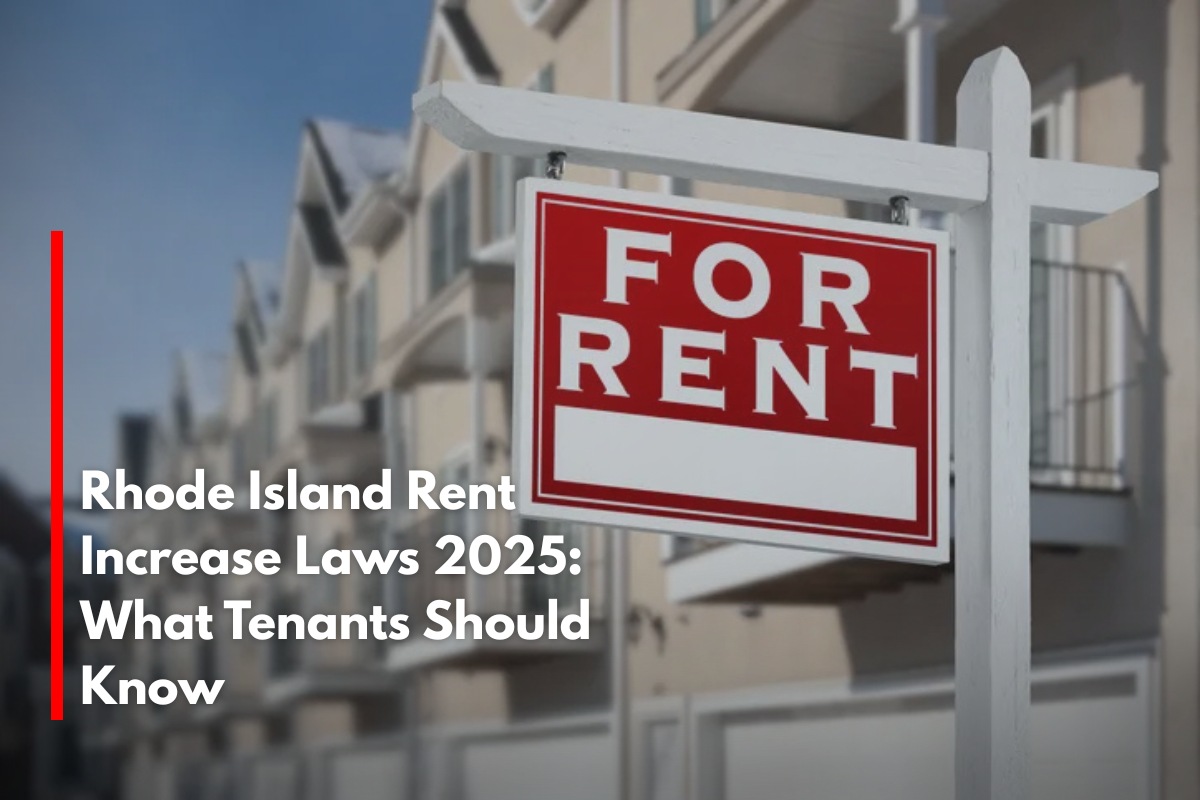Rhode Island’s rent increase laws for 2025 provide important guidelines tenants should understand to protect their rights while maintaining good landlord-tenant relationships. Although the state does not currently have statewide rent control limiting how much rents can be raised, regulations around notice periods and fairness have evolved recently to balance interests.
No Statewide Rent Control Caps
Rhode Island has no statewide limits on the amount landlords can increase rent each year. Landlords are free to set new rental rates that reflect market conditions when a lease expires or for month-to-month agreements.
However, they are prohibited from imposing unconscionable or retaliatory rent increases, which means hikes must be reasonable and not in response to tenants exercising legal rights such as requesting repairs.
Notice Requirements for Rent Increases
One of the cornerstone tenant protections is the required written notice period landlords must provide prior to raising rent. For most tenants under age 62 on month-to-month leases, landlords must give at least 60 days’ notice before the rent increase takes effect. For tenants aged 62 and older, the notice period extends to 120 days, allowing them more time to adjust to changes.
Importantly, rent cannot be increased during the term of a fixed lease. Any increase can only be proposed when renewing or starting a new lease agreement. The notice of rent increase must clearly specify the new rent amount, giving tenants the option to accept the new terms or seek alternative housing.
Fairness and Tenant Protections
The laws protect tenants from rent hikes that are excessively high compared to market rates or that are retaliatory in nature. If tenants believe a rent increase violates these protections, they can challenge landlords and potentially seek assistance from legal aid or housing advocacy groups. Rhode Island’s Commission for Human Rights also provides important resources for tenant rights.
Local Ordinances and Pending Changes
While Rhode Island state law does not impose rent caps, some cities or towns may implement local rent stabilization ordinances. Additionally, proposed legislation such as Senate Bill 580 aims to cap annual rent increases statewide at 4%, although this is yet to take effect.
Tenants should stay informed about local regulations and pending state bills that could influence rent increase policies in the near future.
Practical Tips for Tenants
Review your lease or rental agreement for terms related to rent increases.
Expect a written notice well before any increase—60 or 120 days depending on age.
Understand your right to accept new rent terms or move out.
Document communication with your landlord, especially if you believe the increase is unfair.
Seek legal advice if you suspect retaliation or unconscionable rent hikes.
In 2025, Rhode Island tenants enjoy clear rights regarding rent increases, notably the right to timely written notice and protections against unfair hikes. Without statewide rent control caps, tenants and landlords negotiate with flexibility but within legal boundaries that promote fairness and transparency. Staying informed on evolving laws and local ordinances empowers tenants to navigate rent changes confidently and protect their housing stability.
Sources
(https://www.hemlane.com/resources/rhode-island-rent-control-laws/)
(https://www.steadily.com/blog/rent-increase-laws-regulations-rhode-island)
(https://www.youtube.com/watch?v=8xGTQOpBOCM)
(https://tax.ri.gov/sites/g/files/xkgbur541/files/2025-07/2025_summary_of_legislative_changes.pdf)
(https://webserver.rilegislature.gov/BillText/BillText25/HouseText25/H5264.pdf)











